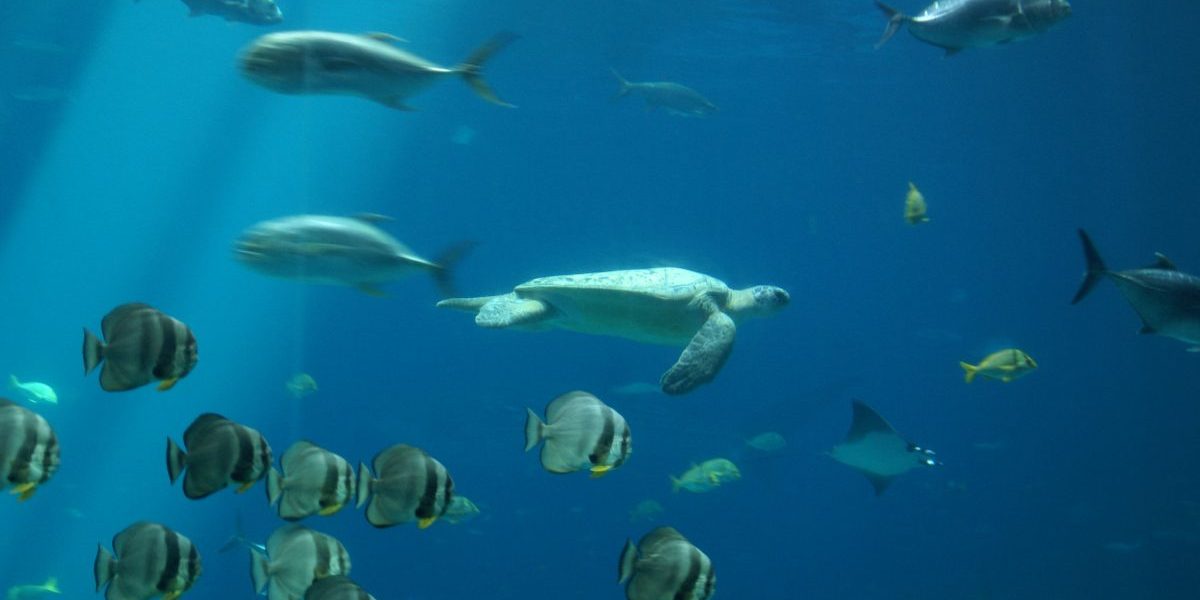The world’s oceans have become an increasingly crowded and contested arena of human activity in recent decades. Fishing and merchant shipping fleets have expanded dramatically in number and vessel capacity, with significant impacts on marine life. Technological innovations and high prices have fuelled exploration and competition for marine minerals and energy resources. Piracy has resurfaced as a major security threat in many parts of the world, particularly the Horn of Africa. Climate change is reshaping the Arctic, opening new areas to shipping and potential mining activities, while offshore wind farms and aquaculture projects raise new questions about sustainability and interactions with marine life.
There is increasing recognition that principles of ocean governance have not kept pace with the expansion of human activity, particularly in the high seas beyond the jurisdiction of countries’ 200 mile exclusive economic zone (EEZ). UN Secretary-General Ban Ki-moon has named “protection of our oceans” as one of the key priorities of the Rio+20 Summit, noting that, while nearly 15 percent of land surface area is under some kind of environmental protection, little more than one percent of marine environments are protected.
Ban Ki-moon called for delegates at Rio+20 to “galvanize action to improve the management and conservation of oceans through initiatives by the United Nations, governments and other partners to curb overfishing, expand marine protected areas and reduce ocean pollution and the impact of climate change”. A number of countries and organizations are calling for the establishment of a global network of marine protected areas (MPAs) and a new agreement under the UN Convention on the Law of the Sea (UNCLOS) for the conservation of marine biodiversity on the high seas.
In 2011 four UN agencies published a report towards preparation for Rio+20 entitled “Blueprint for Ocean and Coastal Sustainability”. The report emphasises the link between sustainable development and improved governance of the world’s oceans. While global ocean economic activity is estimated at US$3-6 trillion per year (including shipping, fisheries, oil and gas, and other activities), the report underlines the importance of non-market ecosystem services from the earth’s biosphere (climate, water, soil, nutrients, etc), which represent far greater value and in large part derive from marine systems.
The report argues for the establishment of a ‘Blue-Green’ global economy, which refers to the “transition toward a human-ocean centred relationship where humankind would be living with the ocean and from the ocean in a sustainable way”.
One of the key challenges for sustainable management of the oceans is the growing interest in marine minerals and energy resources. Nowhere is this more apparent than the Arctic, which, according to estimates by the US Geological Survey, may hold about 13% of the world’s technically recoverable oil and up to 30% of global gas reserves. In April 2012 Exxon Mobil signed a deal with Russian oil company Rosneft to explore for oil in Russia’s Black Sea and Deep Arctic regions, while Norway’s Statoil hopes to be extracting one million barrels of oil equivalent a day from new wells in the Arctic by 2020.
Maritime energy resources have also become increasingly important in Africa, particularly in the Gulf of Guinea and the West Indian Ocean Region. Exploitation of oil and gas as well as other minerals may pose significant environmental risks and lead to security threats where offshore territorial boundaries are in dispute. Marine mineral resources are one of the key drivers of territorial disputes between China and other coastal states in the South and East China Seas, particularly the Philippines. Marine minerals are also an important factor in efforts by certain states to extend their maritime territorial rights; in January 2012 the UN confirmed New Zealand’s extended claim for territorial rights beyond its 200 mile EEZ, while in the same month Tanzania applied to the UN for an extension of its own maritime borders.
As competition for resources grows in the world’s oceans, so too does the need for cooperation. The expansion of MPAs, the establishment of governance principles to protect biodiversity on the high seas, improved efforts at addressing overfishing and illegal fishing, and management of territorial claims and environmental risks related to marine mineral resource extraction are all critical elements of an improved ocean governance framework for a sustainable, ‘Blue-Green’ global economy.








